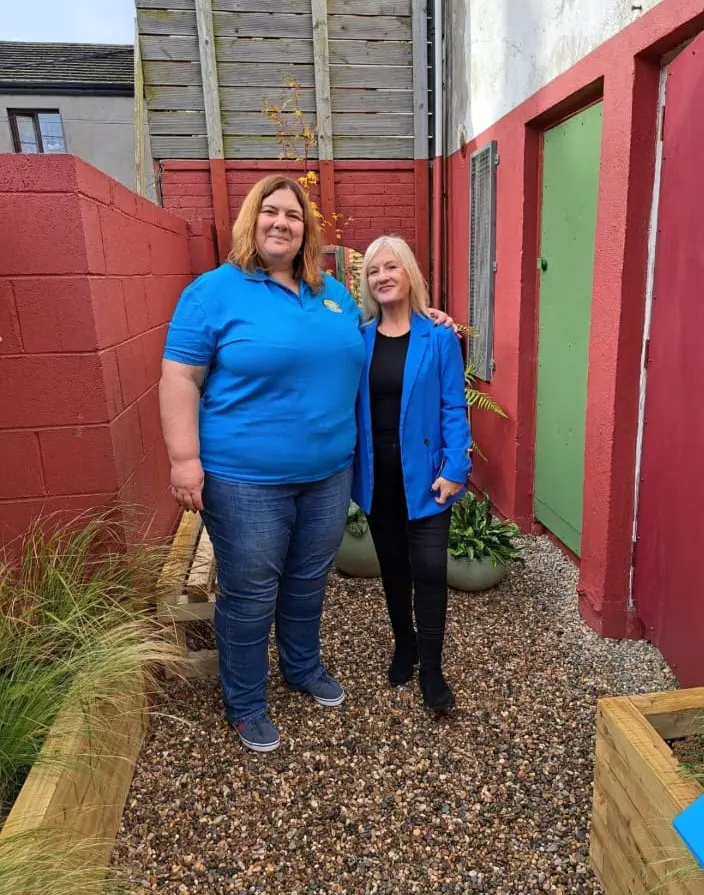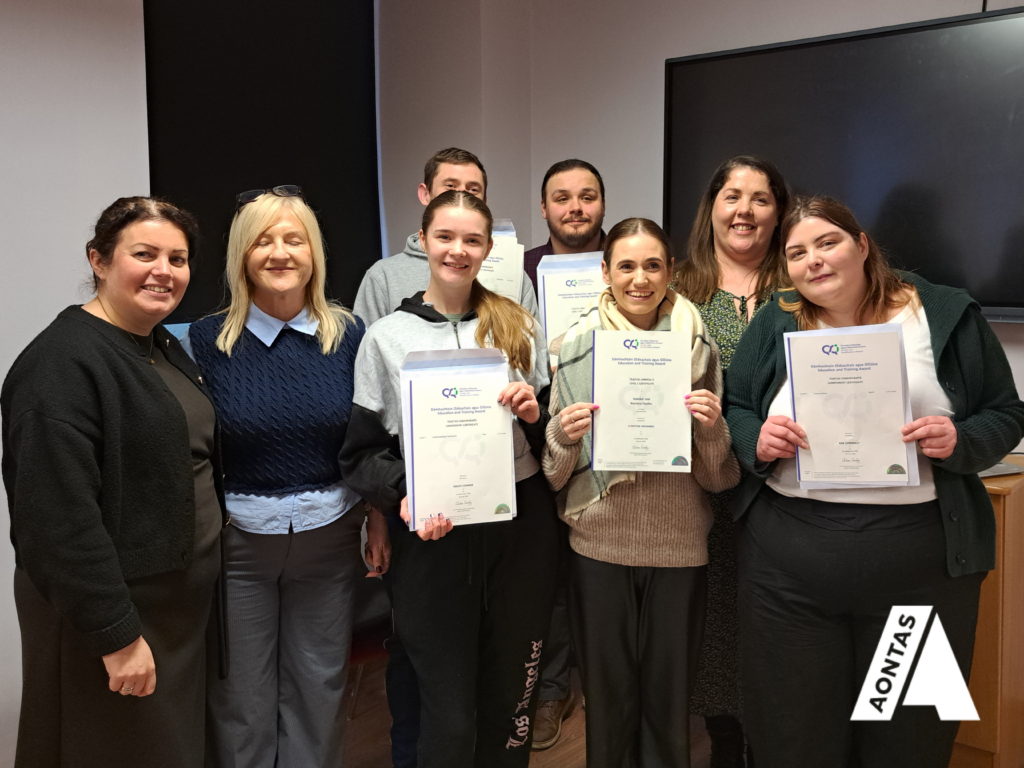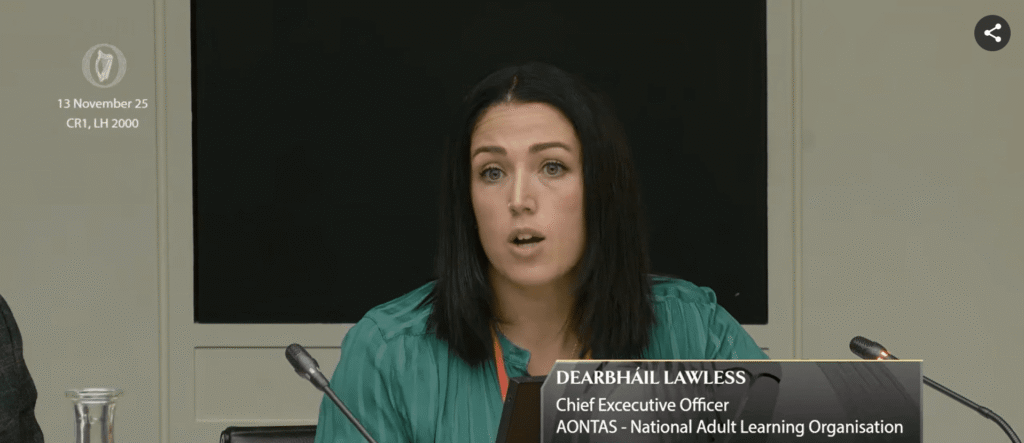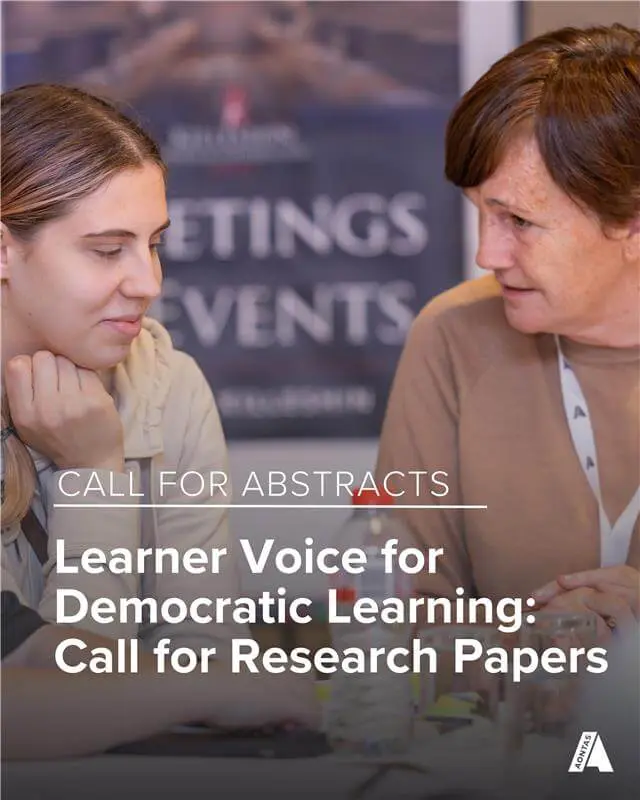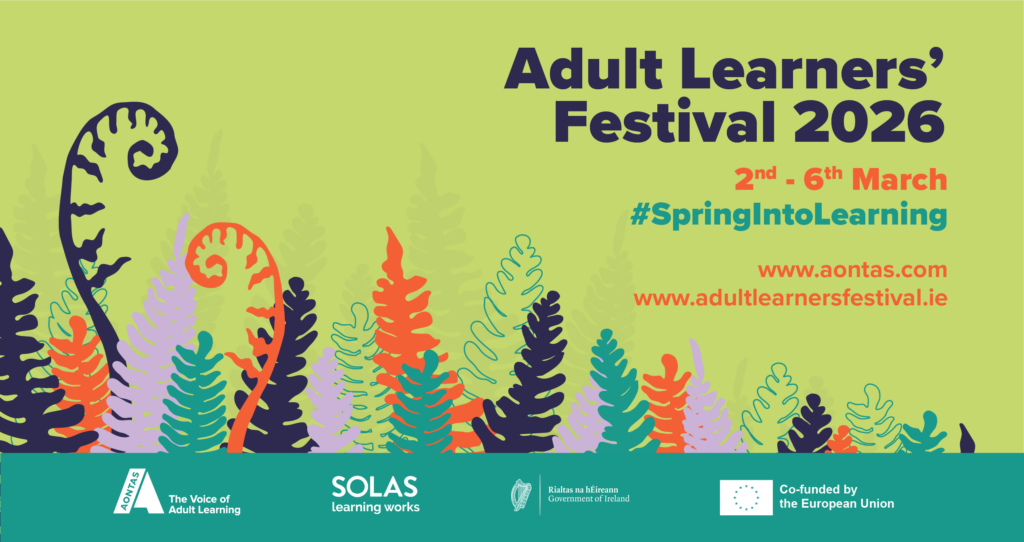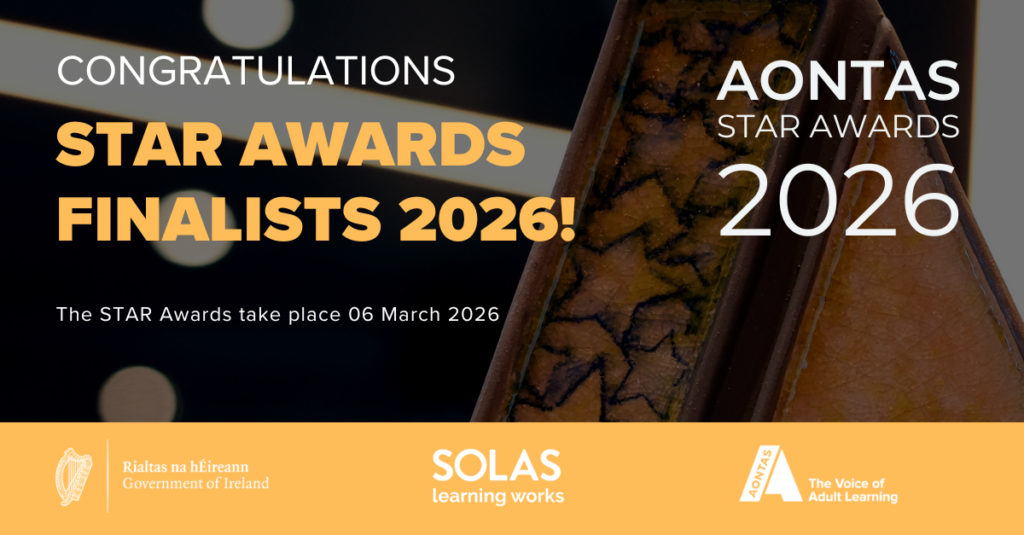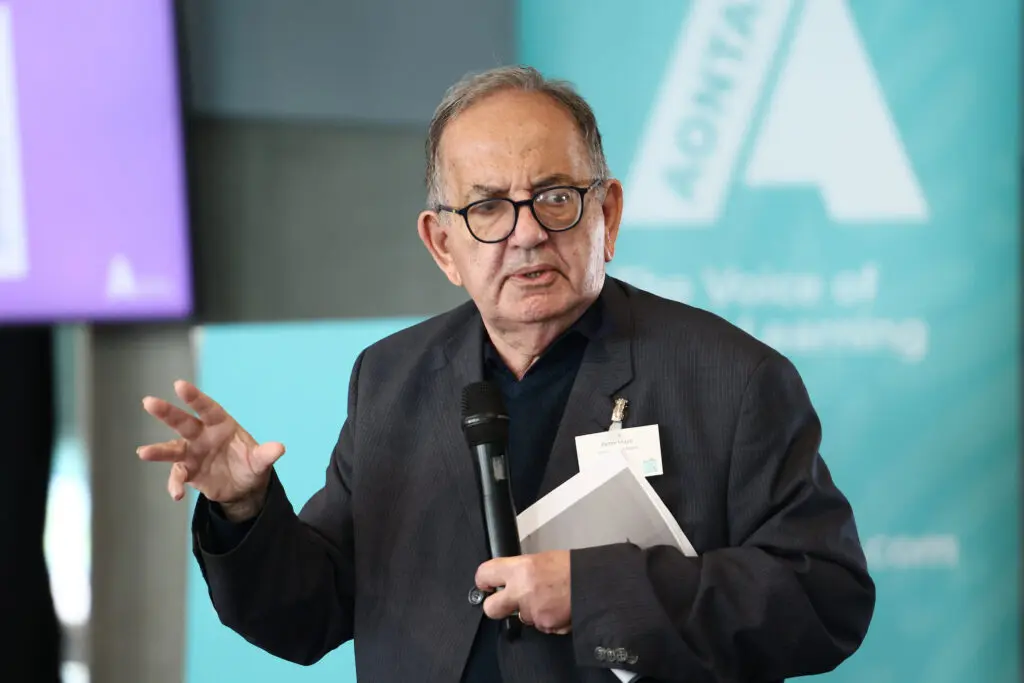During the visit, Lorraine and I facilitated a workshop on self-advocacy with learners who are studying Early Childhood Care and Education.
Learners were introduced to the concept of Learner Voice, a concept in education that means that learners should have a say in decisions about their own education. It means that those who learn, not just those who teach, should influence the educational experience.
Supportive environment and community at CASPr
The learners told us how important it is to have their voices heard. They spoke about the supportive and welcoming environment at CASPr. One learner said: “Everyone here is really supportive, they are here to help.”Lynn Simpson, Education and Training Manager at CASPr, showed us their recently renovated garden. The team at CASPr voluntarily took on transforming the bin storage into an amazing garden for learners to enjoy.
The garden was a collaboration with garden designer Rosie McGuire who will be on the new series of RTE’s Super Garden in 2025. Lynn, who is a proud adult education advocate, told us that “the learner is at the heart of the education journey”.
As part of the workshop, learners identified their own strengths and how they can become their own advocates.
 One woman we spoke with was an amazing advocate for the power of Learner Voice. Shauna (as seen in photo) is currently studying on the QQI Level 6 Early Learning and Care Major Award at CASPr. She shared her positive experience of learning at CASPr and now works in childcare.
One woman we spoke with was an amazing advocate for the power of Learner Voice. Shauna (as seen in photo) is currently studying on the QQI Level 6 Early Learning and Care Major Award at CASPr. She shared her positive experience of learning at CASPr and now works in childcare.
Last April, Lynn and Shauna attended an event with our team from AONTAS that was organised by the Department of Further and Higher Education, Research, Innovation, and Science. This event focused on the cost of education in Ireland, and facilitated adult learners to share their ideas and perspectives, and inform future spending.
Learner Voice is becoming increasingly embedded in the Irish approach to education, and we will continue to work with our members and others in the adult and community education sector to ensure learners’ experiences and ideas are driving policy change in Ireland.
More on Citizens’ Xelerator
This visit was delivered as part of the Citizens’ Xelerator Project, which aims to work with adults on their civic and democratic literacy. We at AONTAS piloted the use of resources from Citizens’ Xelerator during 2024. Throughout this project, we supported 63 activities to take place across the island of Ireland and we have reached over 300 learners.
If you are interested in using these resources, visit the project website here.
We intend to use the results of this project to influence policy makers in Ireland and Europe so that they see how adult and community education is vital to strengthening democracy.
For all the latest information on the project, check out the Citizens’ Xelerator newsletter here.
Citizens’ Xelerator is funded by the European Union. Views and opinions expressed are however those of the author(s) only and do not necessarily reflect those of the European Union or the European Education and Culture Executive Agency (EACEA). Neither the European Union nor the granting authority can be held responsible for them. Project number: 101087526
